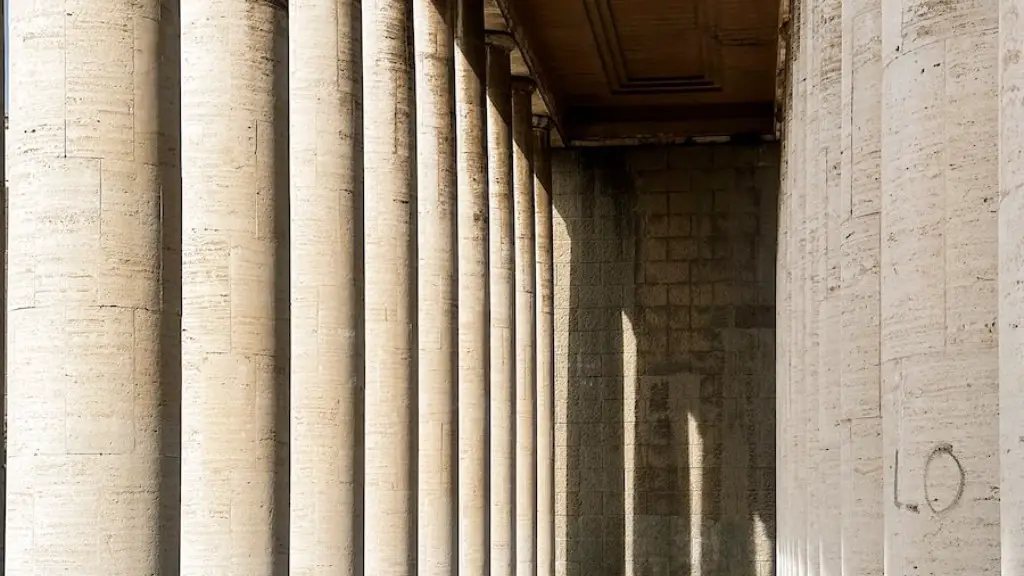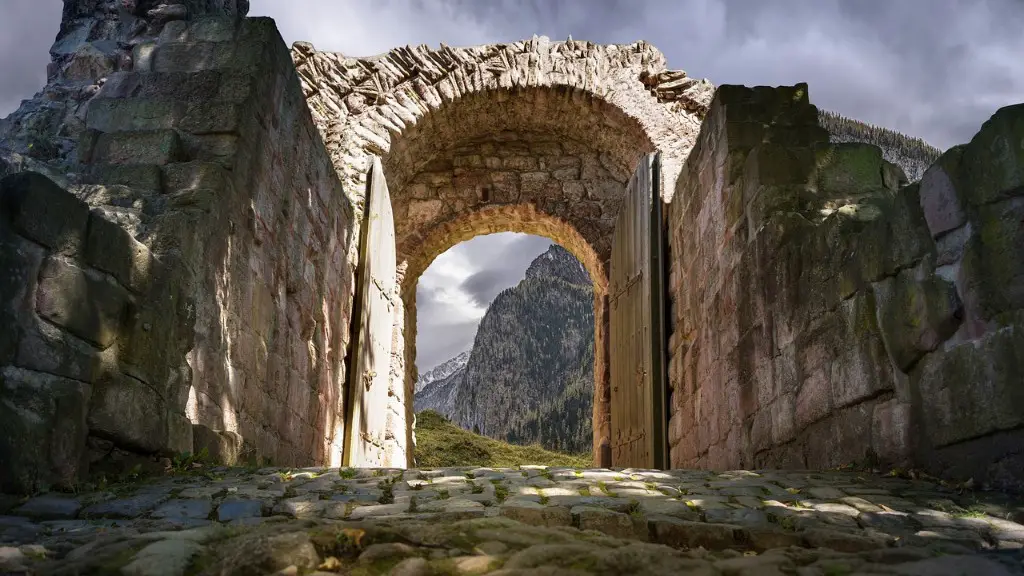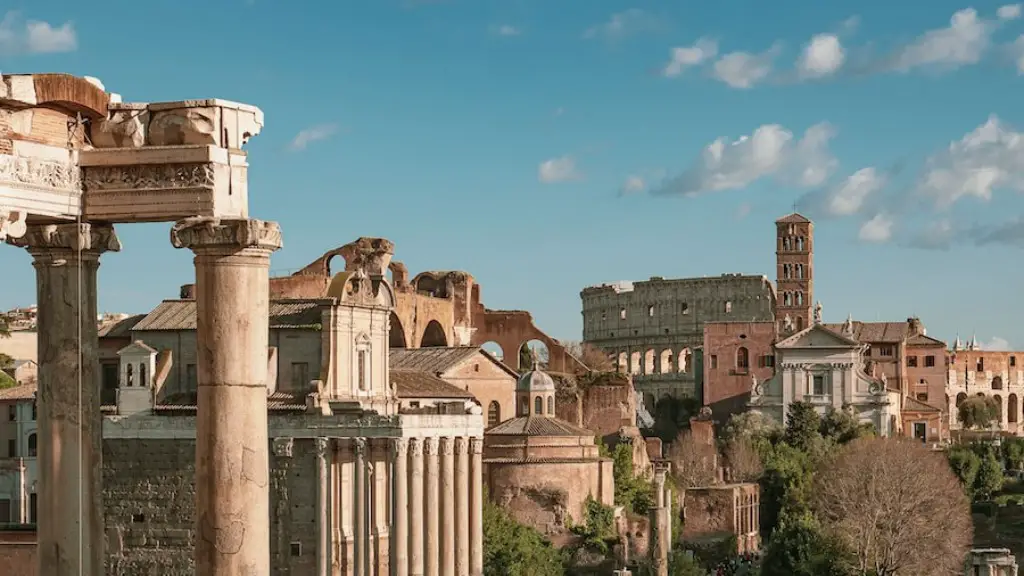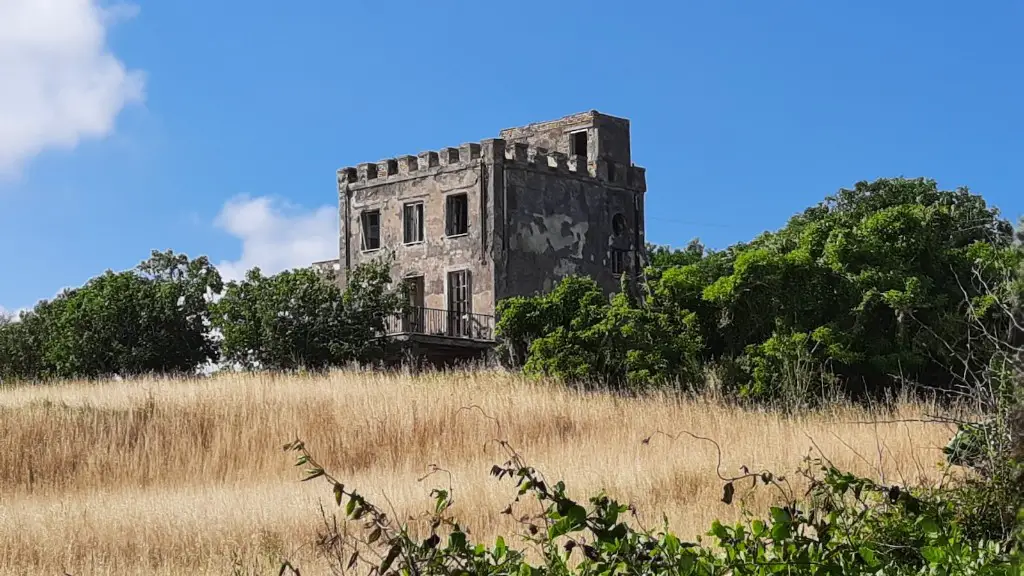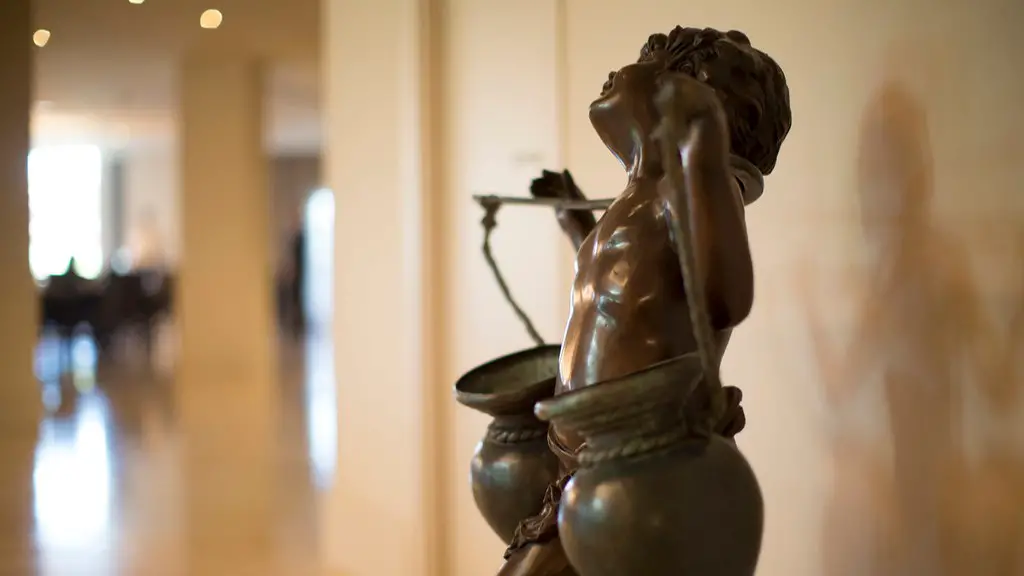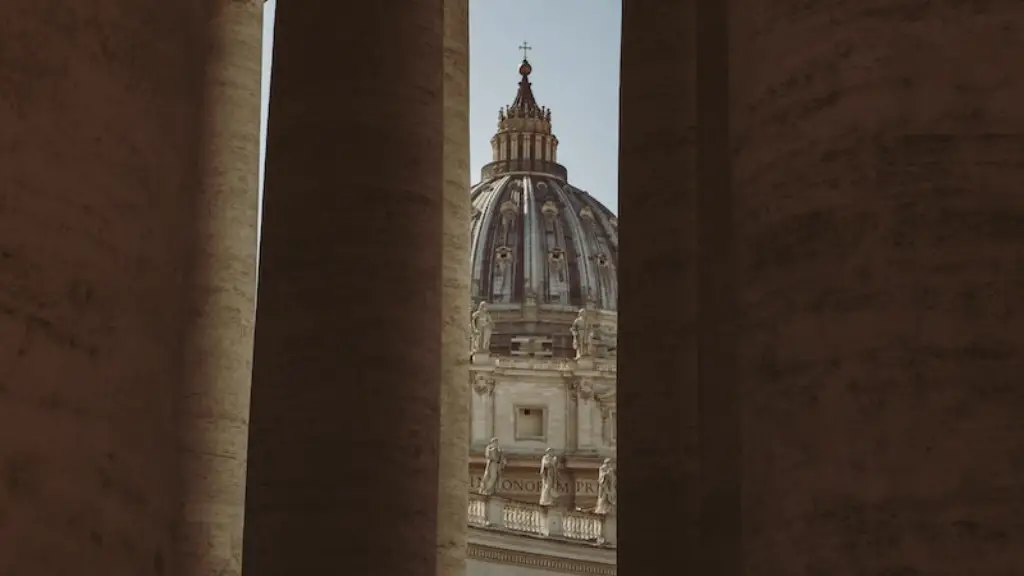Who were the seven kings of ancient Rome? As the roots of a grand republic and the birthplace of a grand empire, the Ancient Romans created a civilization of their own that stands today in its context. Although Rome was destroyed by fire in 410CE and its civilization was reorganized shortly after, it has remained a symbol of the peak of civilization and can be traced back to its earliest days. In Rome’s infancy, it was ruled by a series of influential kings.
The legendary founding of Rome by Romulus and Remus is also symbolic of Rome’s transformation from civic disunity to a unified nation. Although the mythology surrounding their story is likely purely symbolic, the seven kings who succeeded them in tradition are often considered historical by modern historians. The first of the line, Romulus, is believed to have raised Rome from its early years of disunity and invasions to the apex of its Iron Age history.
Led by Augustus, later Roman citizen elites also romanticized the leadership of the seven kings as part of their own political strategy. Through their own poetic tales and patronizing of figures such as Aeneas and Julius Caesar, the Roman elite, particularly Augustus, sought to establish themselves in the same lofty position as their mythical forebears. As such, figures such as the Claudia gens and other Romanesque families set the stage for processes of legitimization that proved indispensable for the emperors who followed.
The kings are a more important part of Roman history than Rome’s other governments. Although their reign ended with the ascension of the Republic, they shaped Rome as a society so much that their leadership continued to inspire Roman citizens and rulers even during the formation of the imperial government. As seen through the legends of Romulus and his successors, the leading Roman families tried to visually link themselves to the kings of the past and add gravitas to their own political power.
Although not much has been preserved of the seven kings of Rome in written form, much of their influence on Roman civilization and the direction of European culture can still be found in modern contexts. Monarchs such as Julius Caesar and Augustus are revered figures in art and literature, while the city of Rome has so far been able to maintain much of its characteristics despite its political changes.
Beyond the seven kings, there is also a fascination with lesser-known Old Roman figures, such as chiefs and administrators. Some of these obscure figures are still of unknown origin, and yet their stories remain entwined with the folk tales that dominate Roman history. The stories of the decadent leadership of Tarquin the Proud, the exile of Volscens, and the rebuilding of Rome after the Gallic sack remain relevant; in some cases, they are even seen as symbolic stories for the attainment of power and the eventual fall of empires.
Thus, the seven kings of ancient Rome, from the legendary Romulus through the transition of power to the Roman Republic, have become deeply associated with the concept of grandeur and stability. Their legacies remain entrenched in the culture of the Classical world, and although no single leader embodied them all, each played a role in Rome’s development.
Other Influential Figures in Ancient Rome
The seven kings of Rome created a foundation for a unity that would eventually become the Republic, but many of the most influential figures in Roman history were drawn from other political positions. Rome produced a line of consuls, praetors and governors, who had significant authority in the governance of the city and its provinces. These magistrates had a reliable source of power and could use it to create their own influence and gain personal favor. In some sense, it was still a monarchy, as the consuls were expected to represent the people and act in their interests.
Consulships were often used by family members to create a lasting political dynasty or to ensure their family name was remembered for generations to come. Thus, individuals like Appius Claudius Caecus and Quintus Fabius Maximus were able to establish their legacies for centuries, and their influence still appears in Roman politics and culture. They were able to shape Rome into the form that was seen during the late Republic and into the Empire.
The same can be said of figures such as Cato the Elder, who used his political clout and public speaking prowess to advocate for Rome’s military and economic might. Moreover, Cato also became renowned for his promotion of a new philosophical focus on stoic ideals, which later fed into the thought of Marcus Aurelius, the most notable of all Roman stoics.
Other important figures included influential advocates of Roman law, such as the lawyer Servius Sulpicius Rufus, who wrote the work called De Legibus. His work laid down a framework of principles that could be seen in Roman law and much of his work is still referenced in religious codes and legal works to this day.
The Influence of the Roman Civilization
The Roman Empire laid the foundation for the development of Europe and much of the West into what it is today. Its legacy can be found in the influence it still has on European society and culture. Many of the systems of law and governance from the Roman Republic can still be seen in modern Europe, with constitutional rule based on limits of power and the balancing of interests.
Roman engineering laid the foundation for progress in aqueduct construction and other forms of civil engineering that are still used today in many places. Mediterranean cultures are based on the social makeup of Rome; marble, mosaics, and other forms of Roman art can still be seen throughout the Mediterranean.
Although the legacy of the Roman Empire changed with its decline, it remained embedded in the history of Europe and it informed the development of Medieval and Renaissance Europe. Ecclesiastical concepts such as the papacy and the Roman Catholic Church developed from the Roman civilization, which set a precedent for western civilization as it is today.
The Decline of Rome and Its Aftermath
The decline of the Roman Empire was caused by a combination of factors. Military defeats, economic decline, and internal rebellions all weakened the economy of the Empire, which gradually began to decline in power. Constant losses of territory and the expansion of other empires began to diminish the once great reputation of Rome as an empire.
The decline of the Roman Empire led to a period of instability, as new powers sought to take control. In the end, the Byzantine Empire rose from the ashes, and its successors would continue the traditions of the Romans. It can be argued that the ancient Roman Empire still lives on today in the shape of the Eastern Orthodox Church.
From the medieval period onwards, Roman culture was adapted and interpreted in various ways throughout Europe. Latin remained a living language and the spread of Roman law continued; the vast number of achievements of the Roman Empire, its legacy deeply ingrained in European history and the wider world.
The Legacy in Art and Literature
Ancient Roman culture and history forms the background for art and literature from antiquity to today. The Greco-Roman world has been a major source of inspiration for writers and artists, who adapt, interpret and create imaginative renderings of the world of the past. From ancient sculptures to modern abstract pieces, the Roman Empire lives in art thanks to the waves of inspiration its culture has given to the world.
Roman literature is also well-respected and deeply imprinted on the cultural history of Europe. The Great Classics often focused on Roman themes, from Virgil’s epic Aeneid to Horace’s Odes, Ovid’s Metamorphoses, and Cicero’s orations. In modern times, these works serve as windows into the culture and values of Ancient Rome.
The works of the ancient Roman authors have had an immense impact on the world. They have provided a way for people to learn about the minutiae of ancient Roman life, the development of politics, and the functioning of culture and society. By studying the authors, we gain a greater insight into the ancient world and the ways in which we can apply this knowledge to our own lives today.
Global Significance of Rome
The legacy of Rome lives on today in many facets, from law to art and literature. Its ability to shape the wider world and continue to affect many cultures worldwide throughout history is unprecedented. The civilizations it touched left an indelible mark on the world and, through Western culture and the language of Latin, its legacy remains.
Rome provided a lesson to many civilizations that followed. Its ability to stand the test of time, rise and fall, and show the fragility of all empires, stands as an important example to future rulers and nations of the world.
The seven kings of Rome were the foundation for a mighty civilization and empire, and their legacy continues to exist in many of our institutions, laws, and cultures today. Through the powerful influence of their rule, the Romans learned much about themselves and the world, contributing to the advancement of our understanding.
